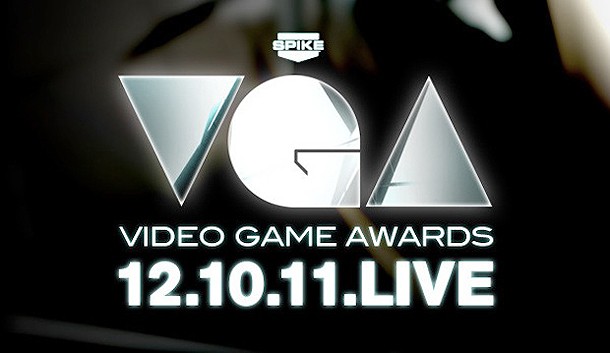Please support Game Informer. Print magazine subscriptions are less than $2 per issue
What Does The Academy Of Interactive Arts And Sciences Think Of The Spike Video Game Awards?

The Spike Video Game Awards is a divisive show. Every year the awards become both a source of complaint for those who want to the see the entertainment medium treated as art, and an exciting spectacle for those who like to see their favorite hobby spend time in the spotlight.
Some of the people involved with the show have complaints about the VGAs’ tendency to ignore the games in favor of the celebrity guests and extraneous non-video game related segments. Then there are others who enjoy the bright lights and music. Hideo Kojima, the man behind the Metal Gear series, tweeted that future announcements regarding his game may even be at the VGAs instead of E3 or other comparable shows.
The folks in charge of the Interactive Achievement Awards seem to appreciate the show. Here’s what a few members of the Academy of Interactive Arts and Sciences think of the Spike VGAs and how it compares to the annual IAAs (don't forget to check out the just-announced Interactive Achievement Award winners this year):
“I think they’re highly entertaining. I go every year.”
-Ted Price, president and CEO of Insomniac Games
“Well, um, personally I think all the pornography awards are bad. Oh wait a minute, that’s not the question.
"Sorry, that wasn’t a shot at the other guys, there are just a tremendous amount of award shows out there of all kinds. We’re a part of that real estate. There are great awards like BAFTA [British Academy of Film and Television Arts] that are the product of long standing organizations trying to be relevant in our business and trying to reach the customers that they increasingly understand are a part of the broader audience that they want to talk to, in their case, about films. And we think that’s great. We think that when BAFTA has awards about what we do we think that does nothing but make us look like a part of the entertainment business, that’s great. I think the VGAs are a good example of an award that tries to talk to the customers and ask what they want and what they think is great. The customer-oriented awards are an important expression that you really want to hear and I know that when people win those they know it’s the product of customers speaking their minds about what they think is great. At the end of the day, I think our little spot is that we represent the crafts people love, what our business believes are the best of the best, and that’s usually a special responsibility that’s a little different than those other guys.”
-Rich Hilleman, chief creative director at Electronic Arts and co-creator of Madden
“I think the VGAs are a fantastic show as entertainment, as well as a vehicle for publishers to announce a new title. It has a very broad reach and the show is very good at producing constant entertainment value and the positioning and timing of it prior to any other awards coming in typically starts toward the end of the year through the early spring time frame. It kicks off kind of the whole awards streak, so people have some additional interest to look up which are the games that we will be seeing in many other awards shows and selections. It’s very interesting and fun to watch, and some announcements are very exciting. Yeah, I like it.”
-Shuhei Yoshida, senior vice president of product development for Sony Computer Entertainment
“I think they all have their place. I think that one thing that sets the academy apart is an award by people’s peers. And that’s something that the people that receive the award, they really are flattered by because it is voted on by basically their peers in the industry. Much like the Academy Awards, it carries that level of prestige. There is certainly a place for the other awards and they do a good job and it’s great, and they help us all in the industry, but there is something to be said by being recognized by your peer in the industry.”
-Denny Thorley, President of development at Day 1 Studios










